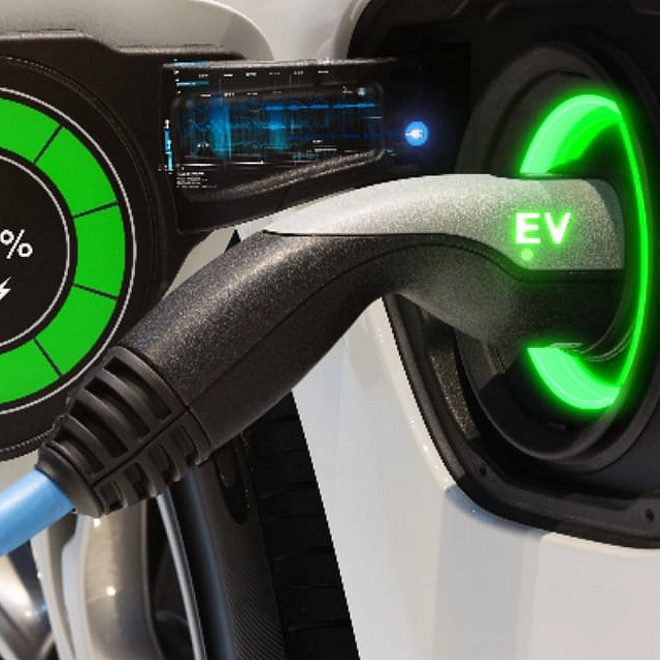Unlocking the potential of conversational commerce in retail
What’s in store for 2021?
This blog forms part of The Retail Rundown series, covering the latest trends and innovations in retail. Sign up to our series to stay up to date with our latest retail insights and events.
Deloitte’s Retail, Wholesale and Distribution leader, David White, interviewed Simon Stefanoff, Deloitte Digital Conversational Commerce Director, on the potential of conversational commerce in retail. This blog is a transcript of the two video interviews featured below.
What is conversational commerce and why is it important for retail?
Simon: Conversational commerce is a concept used to describe how customers move through the purchase process by using natural language. That can be via text with web-based chatbots or messaging bots, or by voice via a smart speaker experience, or even calling up and talking to an AI-powered virtual assistant on the phone.
While natural language processing has been experimented with for a while now, it was the release of the Amazon Echo smart speaker in 2014 and the Alexa voice ecosystem that really brought a focus for retail and unlocked the potential. As we have seen Amazon do several times in recent years, it reset customer expectations for what a retail experience could be.
Thanks to conversational commerce, consumers are seeing faster, more seamless and convenient purchase experiences. Nowadays, consumers are not only expecting these new retail experiences, they are also becoming increasingly more comfortable with using things like chatbots and voice-controlled devices in their homes. A clear example of this, is the enormous active user base of messaging platforms globally, with the likes of Facebook Messenger and WhatsApp having more than 1 billion active monthly users,[1] This is only the beginning.
The market size is expected to grow at more than 20% each year, and our region here in APAC is predicted to be the fastest growing.[2] We can expect the couple of billion interactions that will happen this year, to exceed more than 10 billion within a few years.
For retailers that get conversational commerce right, recent studies have shown they’ve seen uplift in NPS (net promoter score). They are also seeing reduced customer churn and customer service costs against those who did nothing. The risk of not building this capability is that retailers could very quickly look slow, inflexible, and impersonal.
At its heart it’s about building brand trustworthiness and brand agility to be front of mind when customers are making a purchase decision, and ultimately bringing that personal, in-store sales experience, into a highly personalised, and convenient eCommerce scenario.
What will conversational commerce look like in 2021?
The important thing for retailers to understand about conversational commerce, is that it needs to be considered as part of an overarching conversational strategy which covers the main touchpoints:
- Chatbots - the most well-known representation of conversational commerce whereby an AI-powered bot provides responses and recommendations for customers via messaging channels, web, or mobile
- Voice – which can be surfaced via voice assistants like Google Home and Amazon Alexa, but also AI-powered call centres which are rapidly replacing the inflexible IVR (interactive voice response) systems of the past, and helping human-staffed call centres scale for disruptive events such as the pandemic
- And the emerging touchpoint of life like Digital Humans which the innovative brands are starting to explore for their ability to further reduce psychological and behavioural friction in the purchase process.
Customers could use any or all these touchpoints in addition to your existing digital channels, so these touchpoints have a role to play in any omni-channel solution.
Want to ensure your conversational channels are introduced successfully? Watch/read our interview with Simon on the critical success factors retailers need to consider. If you would like to discuss how our conversational commerce team can help your organisation, please get in touch.
References:




